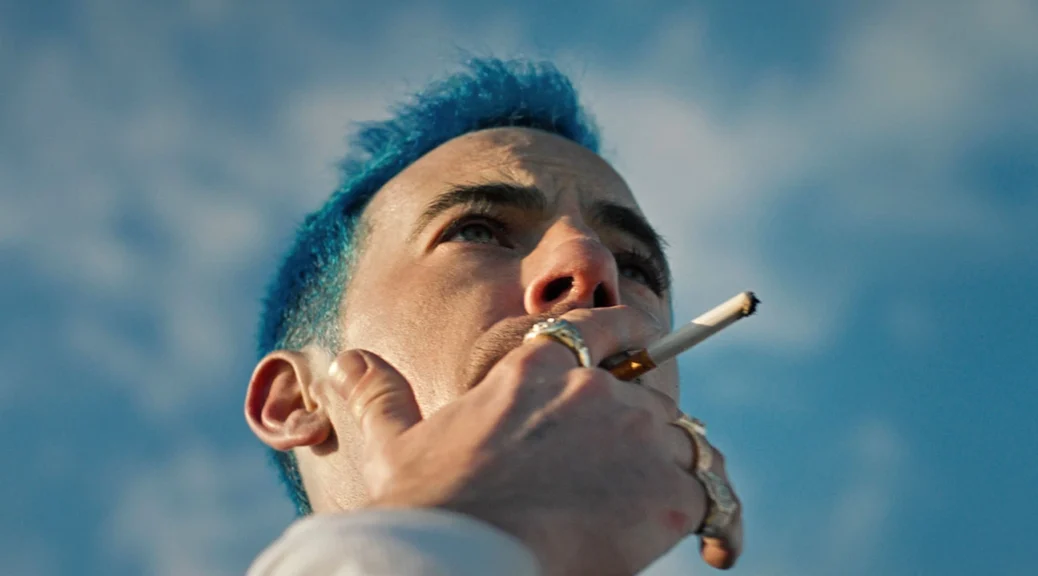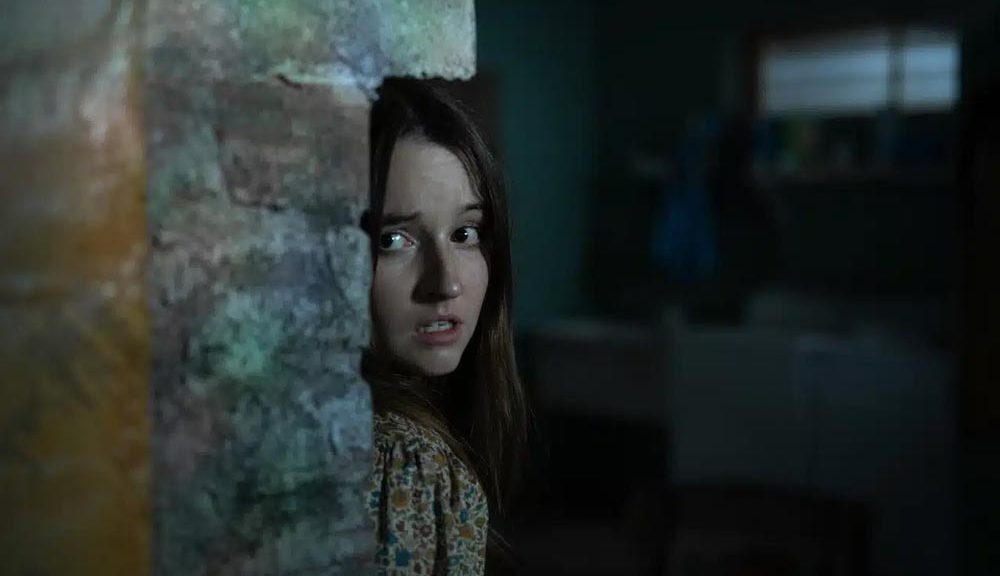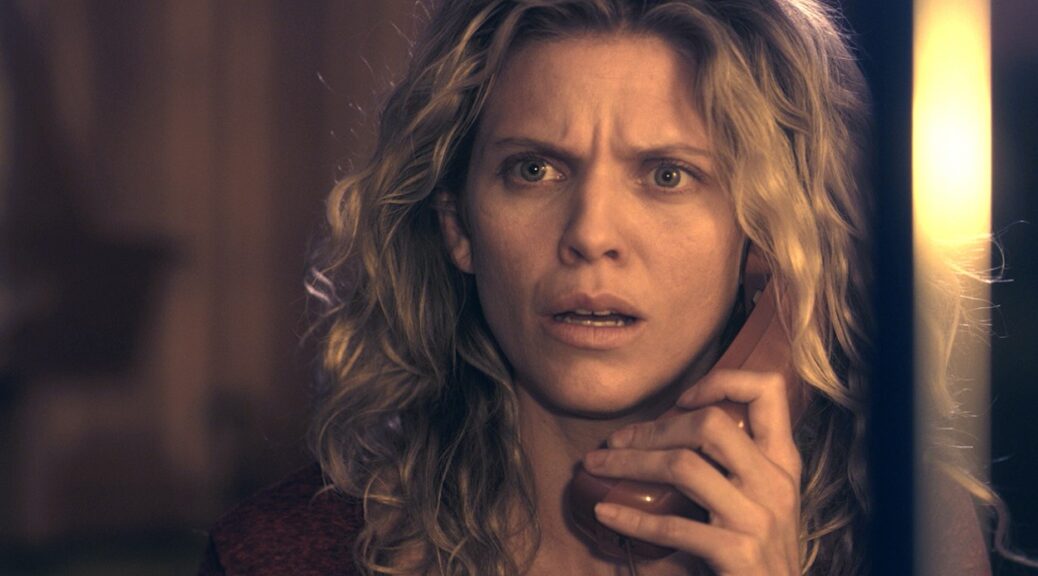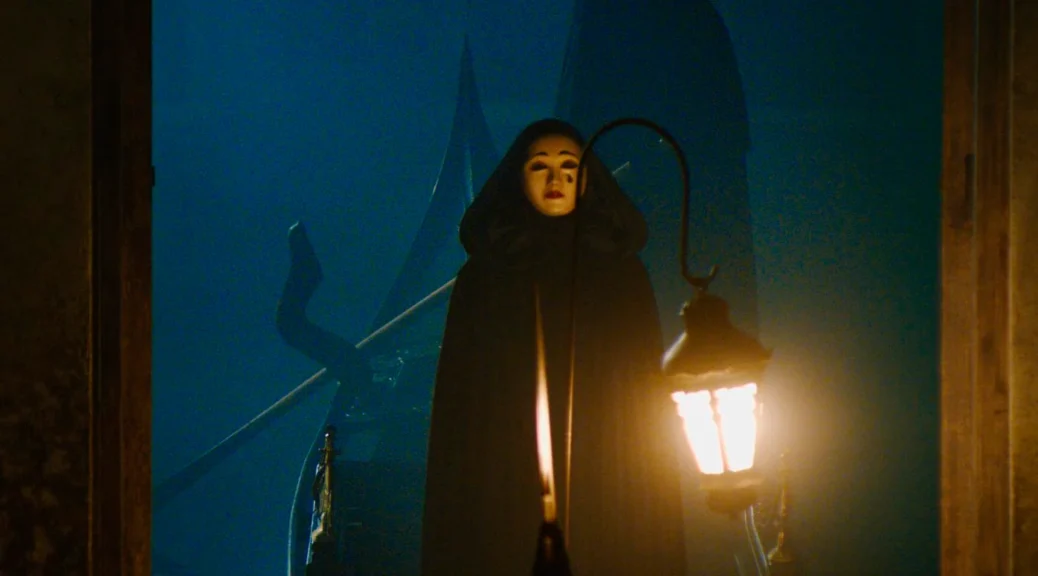Nightmare
by Hope Madden
What happens if a woman reconsiders Rosemary’s Baby?
This is not to say that writer/director Kjersti Helen Rasmussen’s Nightmare is the masterpiece of Polanski’s 1968 Oscar winner. It is not. But this Norwegian horror delivers an intriguing pregnancy nightmare, one that benefits from a somewhat merciless female perspective.
Eili Harboe (Thelma) is Mona. She and boyfriend Robby (Herman Tømmeraas, Leave) just bought an apartment. It needs a lot of work, but it’s all theirs and now they can be grown-ups. Mona isn’t sure she and Robby have the same definition of grown up, though, and here’s where things begin to break down.
Mona begins having nightmares that escalate into sleepwalking, sleep paralysis and hallucinations. Could it be stress over abandoning a burgeoning career to focus on renovations and – if Robby has a say in things – starting a family? Or maybe it’s the creepy neighbors and their screeching infant?
Whatever the case, Robby’s sexy, shirtless doppelganger comes to Mona every night. The relentlessness of it all has Mona questioning reality.
So do we. Rasmussen rarely clarifies what is really happening and what is nightmare. She mines the dreamy fact that what we see in our sleep is often an image of our waking troubles, particularly those we hide from ourselves. Mona wants to please, as so many women do, and the men around her take casual advantage of this. One scene in a doctor’s office pinpoints the moment Mona finally is moved to begin to act on her own.
Microagressions blend into bigger dangers as Mona’s life blurs with her nightmares. Rasmussen fills the reality with details and beautifully executed moments that fully outline Mona’s struggle. The darker fantasy world of the nightmares is given far less attention, and the medical world that bridges the two feels slapped together.
But Harboe’s understated turn, particularly in a handful of breathtaking scenes, helps Rasmussen blisteringly articulate an everyday horror women face.













